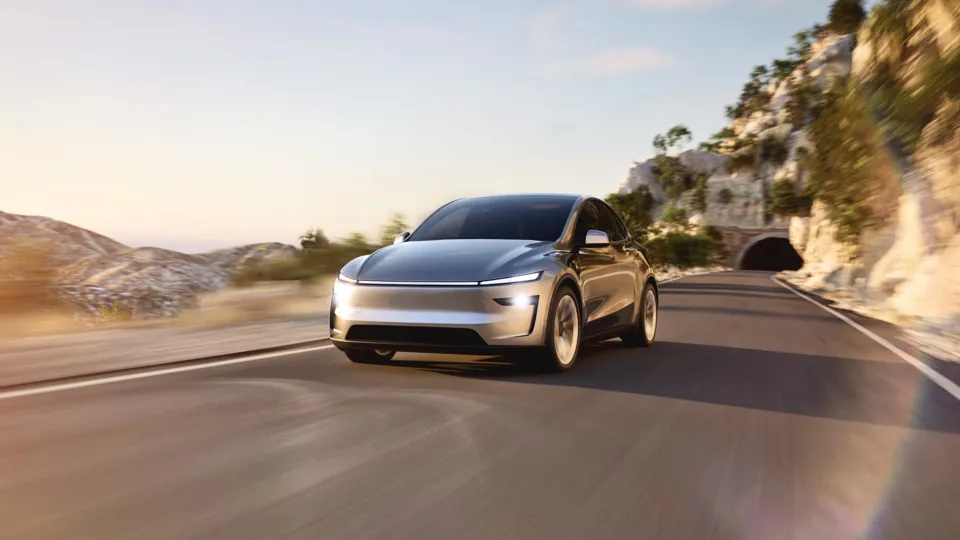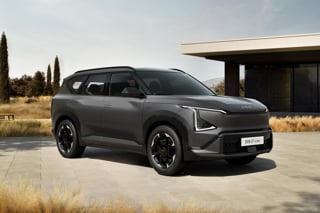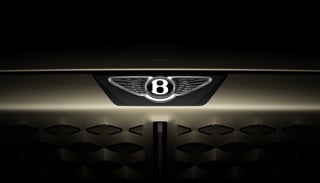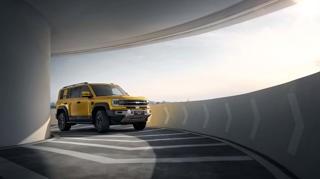Labour is mulling a review or potentially abolishing the Expensive Car Supplement (ECS) - the so-called "Tesla tax" - in a move that could significantly boost electric vehicle (EV) adoption.
Introduced in 2017, the ECS imposes an additional £425 annual charge on vehicles with a list price over £40,000, applicable for five years after the second year of registration - adding £2,125 on top of the £195 standard Vehicle Excise Duty (VED), totalling £3,100 across the period.
As of April 1, 2025, EVs - previously exempt - have been brought into scope for both VED and the ECS, drawing criticism from industry leaders who argue the tax is outdated and penalises drivers amid rising car prices and cost-of-living pressures.
Many popular EVs now exceed the £40,000 threshold, largely due to inflation and production costs.
A leaked letter from roads minister Lilian Greenwood, seen by Auto Express, reveals Labour is actively considering raising or scrapping the ECS for zero-emission vehicles, acknowledging its “disproportionate impact” on EV buyers.
“We will consider raising the threshold for zero emission cars only at a future fiscal event to make it easier to buy electric cars,” Greenwood wrote in response to Liberal Democrat MP Ben Maguire.
This policy rethink comes amid concern that falling EV sales - partly blamed on the ECS - could prevent manufacturers from meeting the Zero Emission Vehicle (ZEV) mandate, exposing them to substantial fines.
The ECS threshold of £40,000 has not been revised since its inception, despite seven years of inflation. Experts argue the modern equivalent would be closer to £50,000, meaning more mainstream vehicles - not just high-end luxury cars - are being caught by the charge.
Labour’s potential move, expected to feature in the Autumn Budget, is likely aimed at boosting EV uptake and aligning with the Government’s net zero ambitions.
“There is no reduction in the Government's ambition to decarbonise cars and vans,” Greenwood stated, reaffirming support for the ZEV mandate while suggesting targeted tax relief to help ease adoption.
The Society of Motor Manufacturers and Traders (SMMT) earlier this year called for the ECS to be scrapped for EVs following months of decline in the new car market, insisting that its application had comed "at the worst time for the industry".
Electric car buyers are three times more likely to be hit by the luxury car tax compared to petrol or diesel drivers under new vehicle excise duty (VED) rules, according to online marketplace Auto Trader analysis.




















Login to comment
Comments
No comments have been made yet.